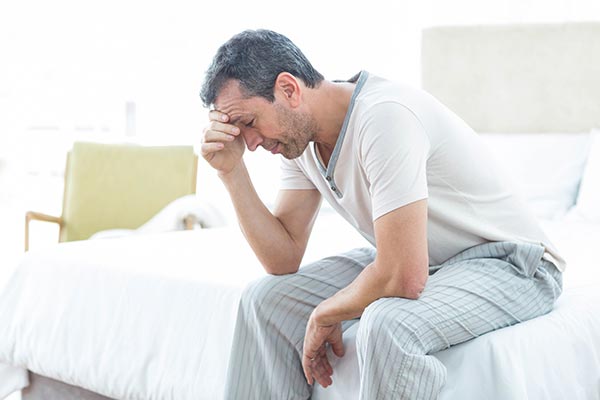Causes of Hormonal Imbalances in Men
Age Related Hormonal Imbalance is Common
There are multiple causes of hormonal imbalances in men. Symptoms of hormonal imbalances in men become gradually noticeable over time. Although many of us do not notice the symptoms at first, they become more apparent and increase in severity over time. Adequate levels of testosterone are vital and there is greater risk of disease associated with low testosterone levels in men. Recent estimates by the scientific community suggest that between 10 and 30 million men in the United States experience symptoms related to low testosterone and hormone deficiency.
The most common cause of hormonal imbalances in men is Andropause — often called The Male Menopause or “Low T”. Other potential causes of hormonal imbalances in men that impact vitality at any age are related to problems with thyroid health.

